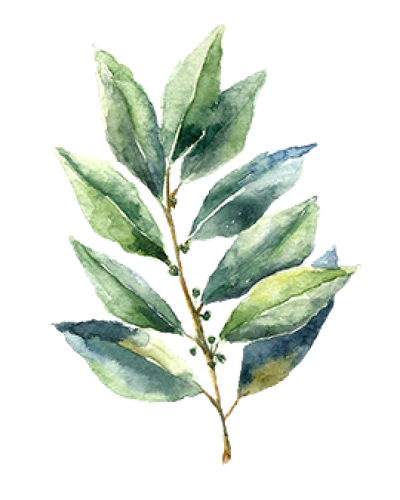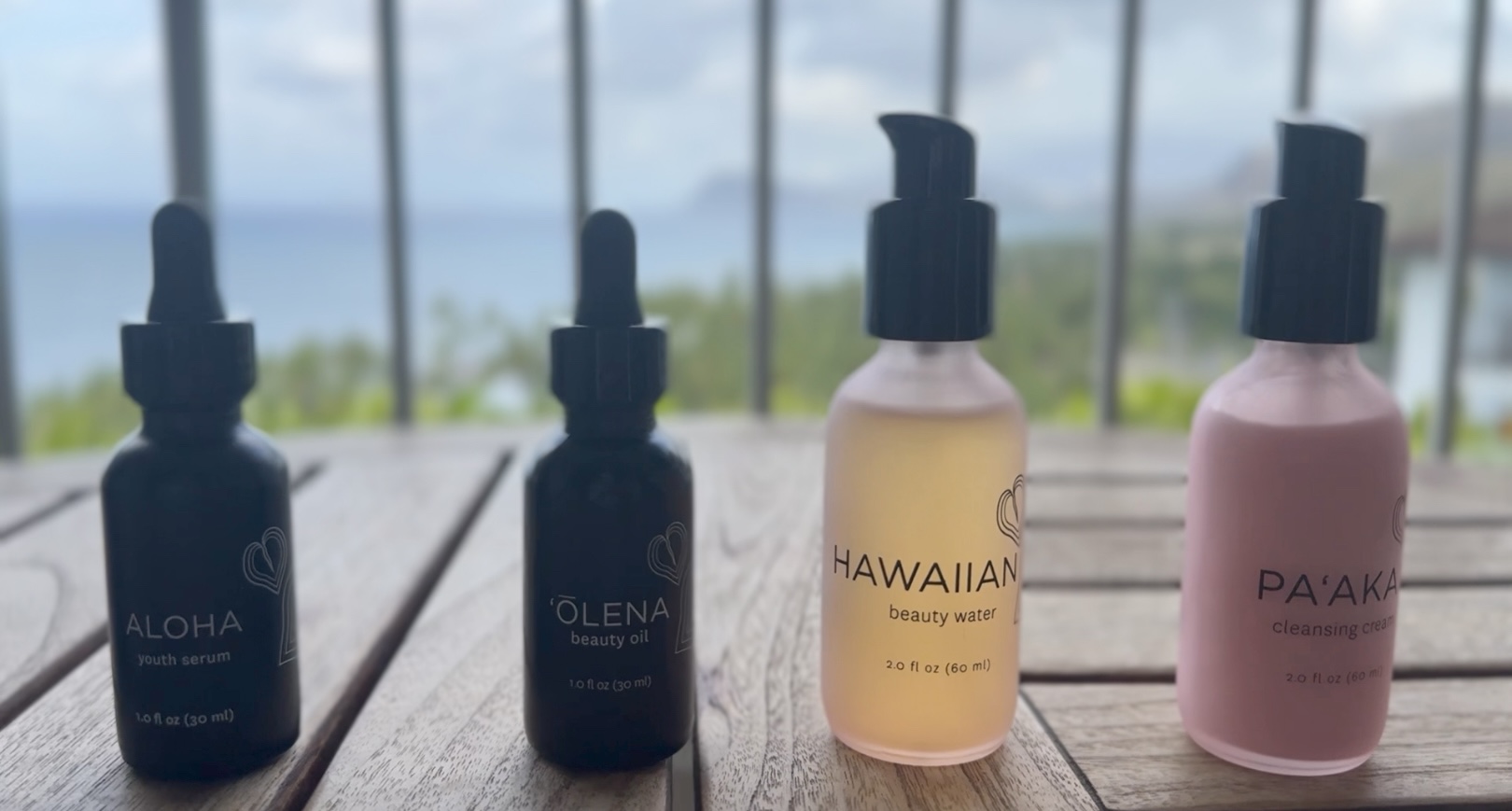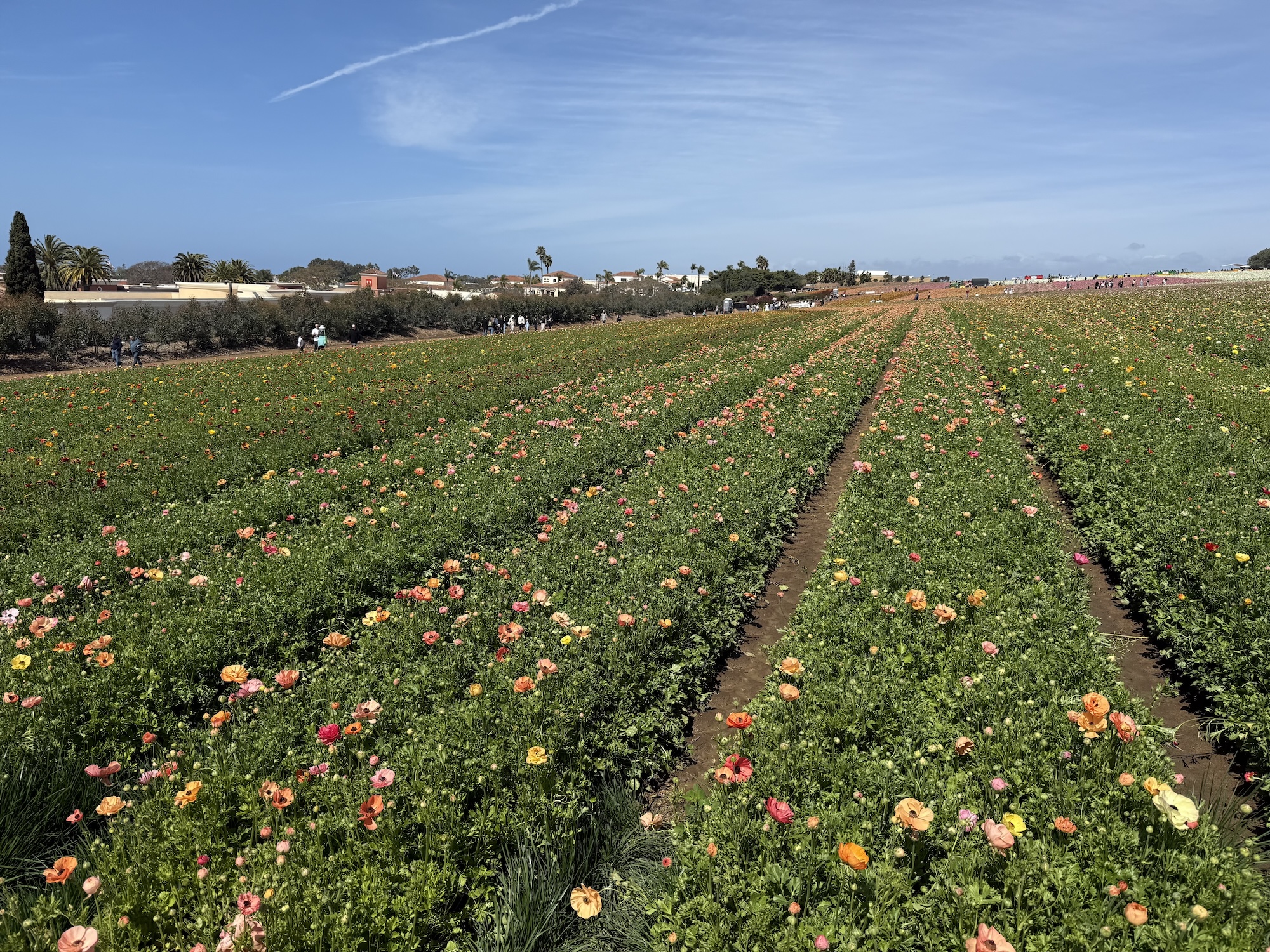Across West Africa, the tradition of making African black soap has been passed down for generations, its recipe a closely held secret among local communities. More than just a cleanser, black soap is a symbol of heritage, crafted from the land’s rich natural resources and made using methods that have remained largely unchanged for centuries.
Ancestral Craftsmanship: The Making of Black Soap
The process begins with sun-dried plantain peels, cocoa pods, palm leaves, and shea tree bark—botanical treasures that lend the soap its deep, earthy hue. These ingredients are roasted in a clay oven or metal pot at a carefully controlled temperature, creating the ash that gives black soap its unique properties.
First, the leaves and bark sun-dry. Then, the leaves and bark roast in a kettle or pot at an even, constant temperature. Water and various oils – palm oil, coconut oil, palm kernel oil (including shea butter and cocoa pod powder) – are then added to the mixture and stirred for a day. The “soap” sets for two weeks to cure.
Kristin Underwood
Once the ash is ready, it’s combined with a blend of nourishing oils—palm oil, coconut oil, and shea butter, among others. The mixture is stirred by hand for an entire day before being left to cure for up to two weeks. The result? A rustic, nutrient-rich soap that has been relied upon for generations.
A Multi-Purpose Beauty Staple
Black soap is as versatile as it is powerful. Used on the face, body, and even hair, its natural exfoliating properties help smooth skin texture, reduce the appearance of fine lines and dark spots, and clear blemishes. Despite its deep-cleansing abilities, it remains gentle, making it suitable for all skin types—including sensitive skin.

Unlike commercial cleansers laden with synthetic ingredients, black soap doesn’t contain specific antimicrobial additives. Yet studies suggest it’s just as effective as medical-grade cleansers containing triclocarban and triclosan, without the risk of bacterial resistance. It’s a product the skin never “gets used to,” making it a timeless staple in any beauty ritual.
A Natural Source of Skin-Loving Nutrients
Rich in vitamins A and E, black soap offers powerful antioxidant benefits that help protect the skin from environmental damage. The high iron content strengthens both skin and hair, while the combination of shea butter and natural oils provides deep hydration without clogging pores.
From the bustling markets of Ghana to beauty cabinets around the world, African black soap remains one of nature’s most beloved skincare treasures. It’s a testament to the wisdom of traditional beauty practices—proving that sometimes, the best skincare secrets have been with us all along.
How do you use African Black Soap in your beauty rituals?



